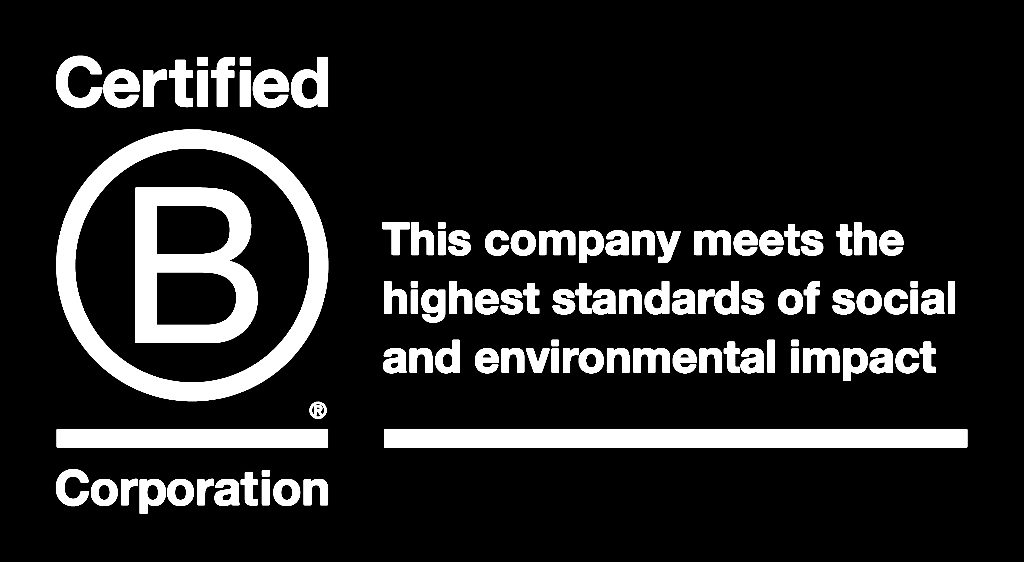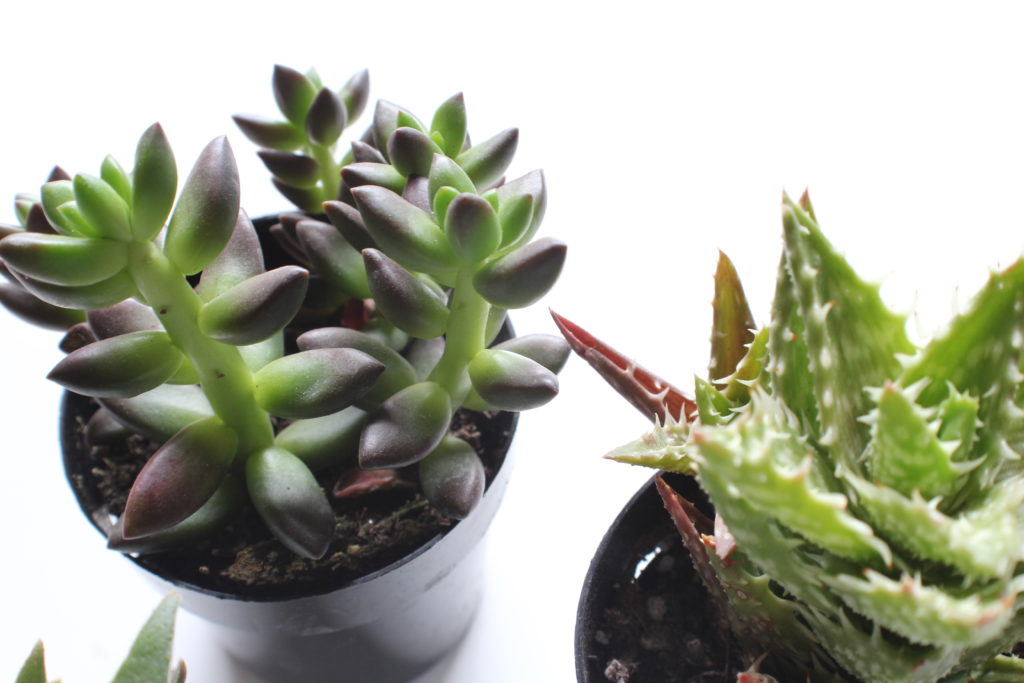With this year’s Earth Day coming when we’re beginning to see the light of the end of the pandemic, we’re looking forward perhaps more than ever to celebrating the day outside in our beautiful home county.
But we’ve also got to put in our work day hours. Here are some of the ways we’ll do both — with tips for how you can, too.
See if your company’s sustainability practices have room for improvement
Obviously your ability to affect change in the workplace will depend largely on your role within the company — we’re not asking a recent Millersville grad to lobby their new boss to go carbon-neutral by 2025, à la Michael Scott.
For a small change, you can push for something low-effort and low-cost, like equipping every floor of the building with recycling bins for each type of reusable plastic.
For a medium change, you can follow our lead and adopt one of your city’s blocks. We are the official loving caretakers of the 300 block of N. Charlotte Street in Lancaster, PA, where our headquarters is located. Our entire team picks up trash monthly — paid, as part of their work hours! — and we weed and mulch in the spring where needed.
If you’re a head honcho ready to make a big change, considering joining us in becoming a certified B Corporation. The performance standards B Corps meet measure a company’s impact on all of its stakeholders: workers, suppliers, community, customers, and the environment.

Some of the commitments we’ve made include:
- Packaging our products only in BPA-free, post-industrial resin (PIR) that’s produced in the USA, to lessen our carbon footprint.
- Using only ingredients comprised of certified organic and organically grown raw materials whenever they’re available.
- Sourcing our supplies and ingredients from local companies, within a 200 mile radius, to minimize pollution from transportation costs.
- Monitoring our water, electricity, and waste generation by tracking Key Performance Indicator (KPIs), course-correcting when needed to meet environmental standards.
- Using non-toxic cleaners and unbleached paper products.
Use nature as your background noise
Because of research in the growing scientific field of ecotherapy, we know there’s a strong connection between time spent in nature and reduced levels of stress, anxiety, and depression. Physical benefits include lower blood pressure and levels of the stress hormone cortisol — meaning your body is less likely to jump into flight-or-flight response.
And now, research shows that even when you can’t make it outside, just listening to nature sounds can have similar health benefits. According to a study published in Scientific Reports, researchers who used an MRI scanner to measure brain activity in people as they listened to sounds, recorded from either natural or artificial environments, found that listening to natural sounds caused the listeners’ brain connectivity to reflect an outward-directed focus of attention — a process that occurs during wakeful rest periods, like daydreaming.
In contrast, listening to artificial sounds created an inward-directed focus, which occurs during states of high anxiety.

Adopt a new plant for your work area
Having plants indoors improves the air quality and your mood — they can also serve as good listeners after a workplace annoyance. It’s a safe bet to start with plants that require low light and aren’t picky about water levels.
Some good ones to try include:
- Air plants, which don’t even require soil — just an occasional dunk in water.
- Pathos, a hardy, sprawling ivy that tells you when it’s being overwatered (the leaves turn yellow).
- Bamboo, because it doesn’t mind sparse sunlight.

